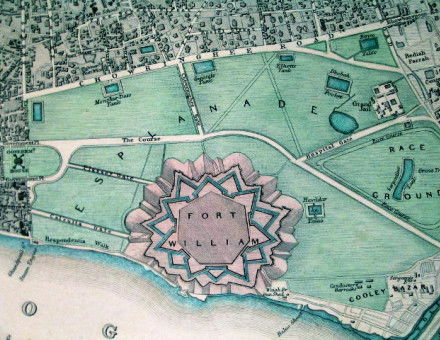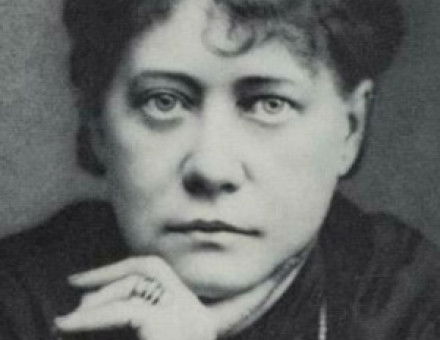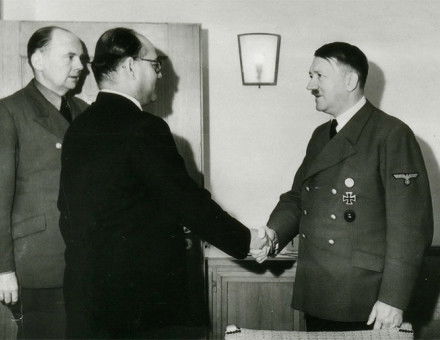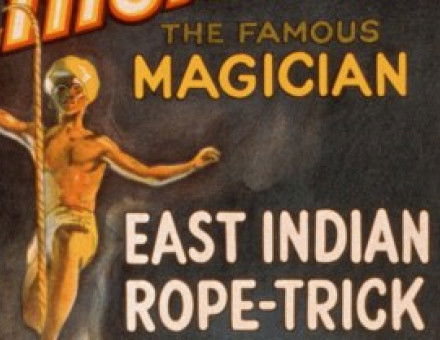Indian Voices from the 1857 Rebellion
The Indian Mutiny and Rebellion, which broke out 150 years ago this month, was the greatest revolt against British imperialism of its century. Joseph Coohill uncovers some Indian accounts of what happened and why.







